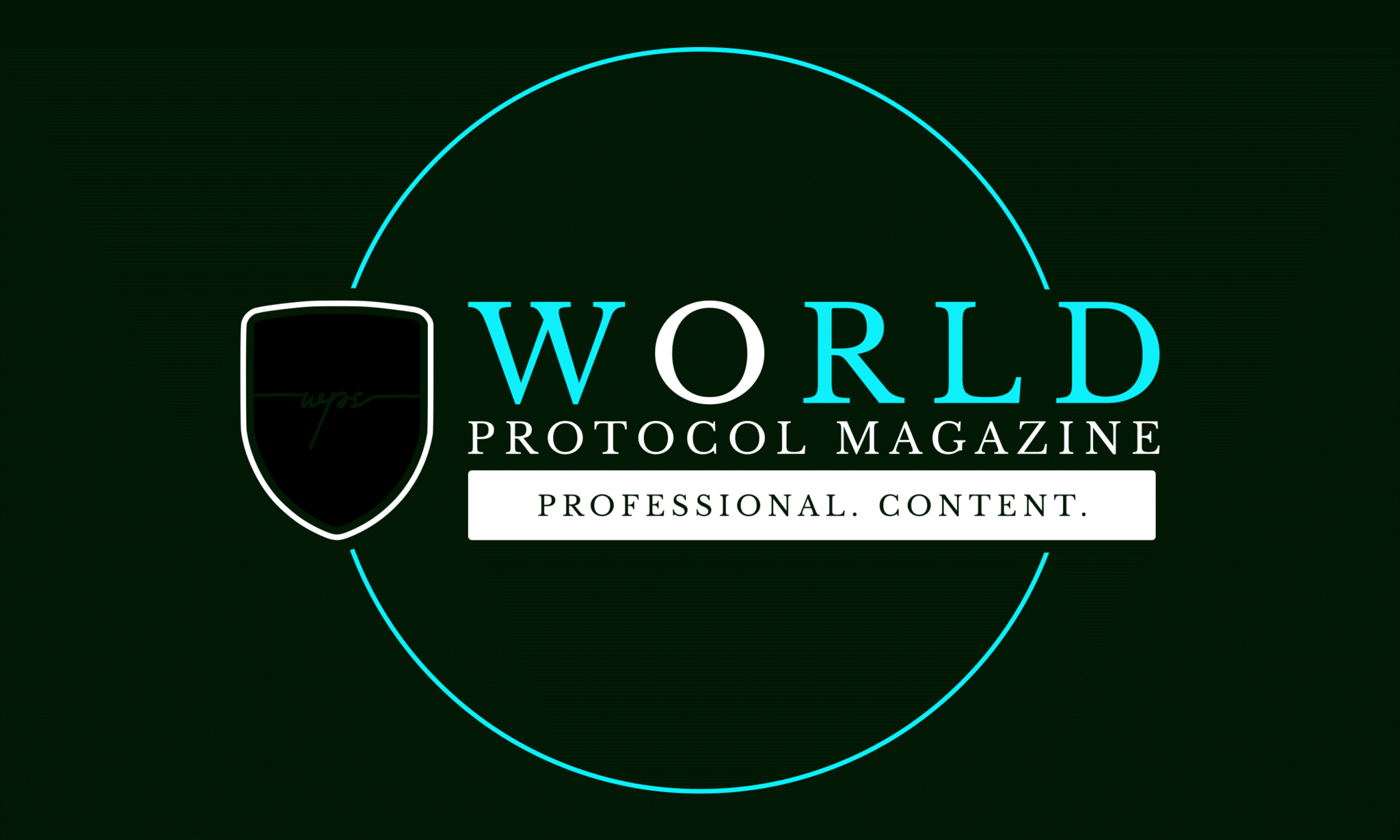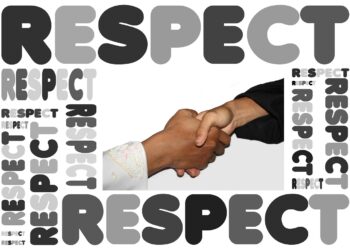Imagine a world where every handshake, every word spoken, and every gesture carries profound significance—a world where understanding and mastering the art of protocol can open doors to endless possibilities. This is the world that protocol professionals navigate daily, and the key to their success lies in Cultural Intelligence (CQ), or Cultural Quotient, which bridges cultures, forges connections, and paves the way for diplomacy.

The Importance of Cultural Intelligence in Protocol
During my doctorate journey in business administration, specializing in global business and leadership, I had the privilege to delve deeply into the impact of cultural intelligence on business competitive advantage. This exploration underscored the necessity for protocol professionals—whether in government, non-profit, academia, healthcare, or sports—to approach protocol diplomacy through the lens of Cultural Intelligence.
As protocol professionals, we are exposed to a myriad of experiences, from negotiating visit itineraries and meeting advance teams to handling courtesy calls and implementing protocol on the ground. We navigate diverse cultures through accommodations, food, table etiquette during luncheons and dinners, and press conferences. In every aspect of protocol, there is no room for mistakes, and high cultural intelligence is essential.
The Global Culture in Numbers
- 7,000 languages in the world with 10,000 dialects.
- 90% of global executives from 68 countries say cross-cultural management is their top challenge. (Source: U.S. Bureau of Economic Analysis, Harvard Business Review).

Protocol & Diplomacy Challenges
- Culture Shock
Culture shock manifests in four stages:
- Honeymoon Stage: Everything seems exotic and exciting.
- Negotiation Stage: Overwhelmed by cultural differences, experiencing homesickness and frustration.
- Adjustment Stage: Gradual adaptation to the new culture, understanding norms and expectations, developing a sense of belonging.
- Mastery Stage: Fully adapted, feeling comfortable and confident in navigating the new culture.
- Unconscious Bias
Unconscious biases reinforce stereotypes, attitudes, assumptions, and expectations about different groups, posing a significant challenge in cross-cultural settings.
What is Cultural Intelligence (CQ)?
Cultural Intelligence (CQ) is the capability to relate and work effectively across cultures. It comprises four key components:
- Cognitive CQ (C): Knowledge of cultural norms and practices.
- Physical CQ (P): Dress, body language, and etiquette.
- Emotional CQ (E): Capability to adapt emotionally and motivationally.
- Behavioral CQ (B): Awareness and control over one’s cultural assumptions.
Protocol and Diplomacy Cultural Intelligence (CQ) Profile
- Cultural Desire: Motivation to engage in the process of CQ and the desire to learn.
- Cultural Knowledge: Understanding other cultures and how they fit into the larger context of society.
- Cultural Awareness: Awareness of one’s own culture and how it fits into the larger societal context.
- Cultural Practice: Ability to engage empathetically with people from different backgrounds.
The Impact of CQ on Protocol and Diplomacy
- Enhances Communication: Ensures clear and effective interactions.
- Solves International Etiquette Crises: Prevents and resolves cultural misunderstandings.
- Improves Conflict Resolution: Facilitates amicable solutions in cross-cultural disputes.
- Builds Relationships and Global Collaboration: Fosters trust and cooperation across borders.
 Cultural Values and Their Impact on Protocol and Diplomacy
Cultural Values and Their Impact on Protocol and Diplomacy
Understanding and navigating cultural values in advance is imperative for protocol professionals. Key cultural dimensions include:
- Communication: Low Context (Direct) vs. High Context (Indirect).
- Identity: Individualism vs. Collectivism.
- Authority: High Power Distance vs. Low Power Distance.
- Risk: Low Uncertainty Avoidance vs. High Uncertainty Avoidance.
- Time: Short Term vs. Long Term Orientation.
- Expressiveness: Neutral vs. Affective.
Attaining High CQ in Protocol and Diplomacy
- Cross-Cultural Communication: Developing effective communication strategies for diverse cultural contexts.
- Cultural Sensitivity Training: Engaging in training programs to enhance cultural awareness.
- Cultural Immersion: Participating in immersive experiences to gain firsthand cultural insights.
- Building Diverse Teams: Promoting diversity within teams to benefit from varied perspectives.
- Embracing Diversity: Valuing and leveraging cultural differences.
- Adapting Leadership Styles: Adjusting leadership approaches to be culturally appropriate and effective.
As we celebrate World Protocol Day, let us recognize the profound impact of Cultural Intelligence on protocol and diplomacy. By embracing CQ, protocol professionals can navigate the complexities of a globalized world with finesse and effectiveness, ensuring that every gesture and interaction fosters connection and understanding.
References
Furnham, A. (2019). Culture Shock: Psychological Reactions to Unfamiliar Environments. Routledge.
U.S. Bureau of Economic Analysis. Harvard business review
YouTube. (2023, October 17). Unlocking the Power of Cultural Intelligence to Dismantling Unconscious Bias
https://www.youtube.com/channel/UCeKh0eES9fND1AkBrjOpEvg
Zhang, Y., Song, J., & Wang, L. (2019). Cultural intelligence and cross-cultural creativity: The role of metacognitive and motivational cultural intelligence. Journal of Business Research




